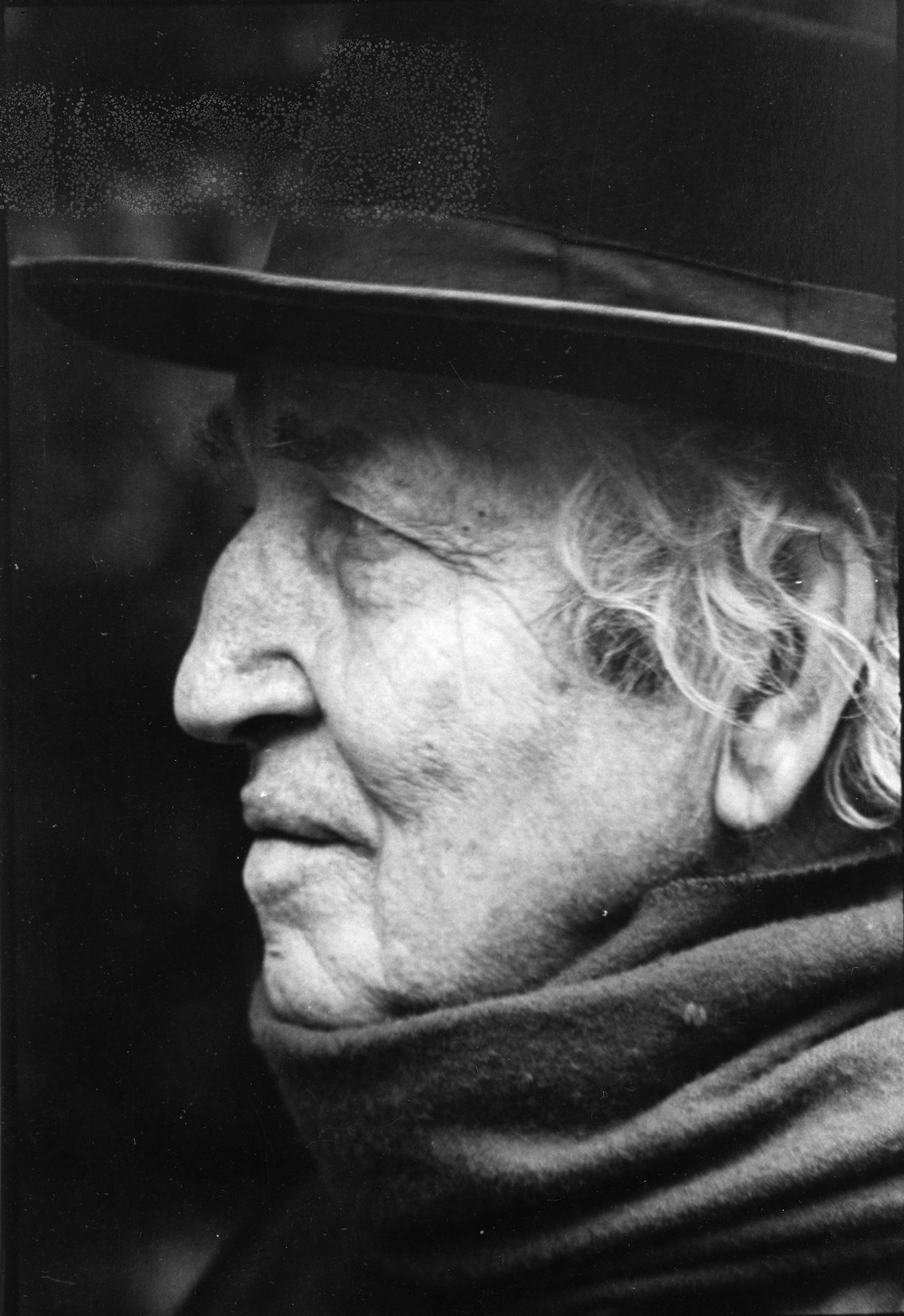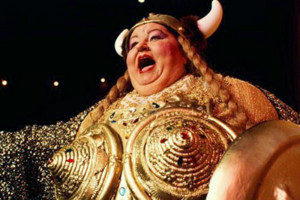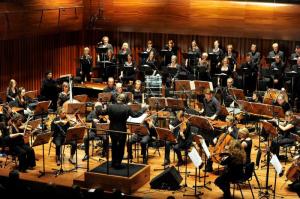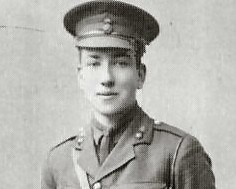
It is always fascinating to hear a poet read his own work. Particularly when you have been spending some considerable time using it; putting it in context; setting it to music. By the time you have finished working with it, what you unconsciously respond to in that poem has affected its shape, its feel, its heft. It is a different thing to the poem on the page. Hopefully, the poems we have chosen in the oratorio have not been twisted out of shape or betrayed by what we have done to them, but they will have been altered.

When we hear Graves read them, are we hearing the essence of the poem itself? Or has it acquired its own independent life, sitting there four-square and alone on the page, defined by its print? And did he, by reading it, pull it back to its infancy, before it acquired its own shape?
I suppose, in the end, the answer is simple; a poem, like any communication in art, is always altered by the interaction between artist and reader and hearer; it is never only itself.
R





